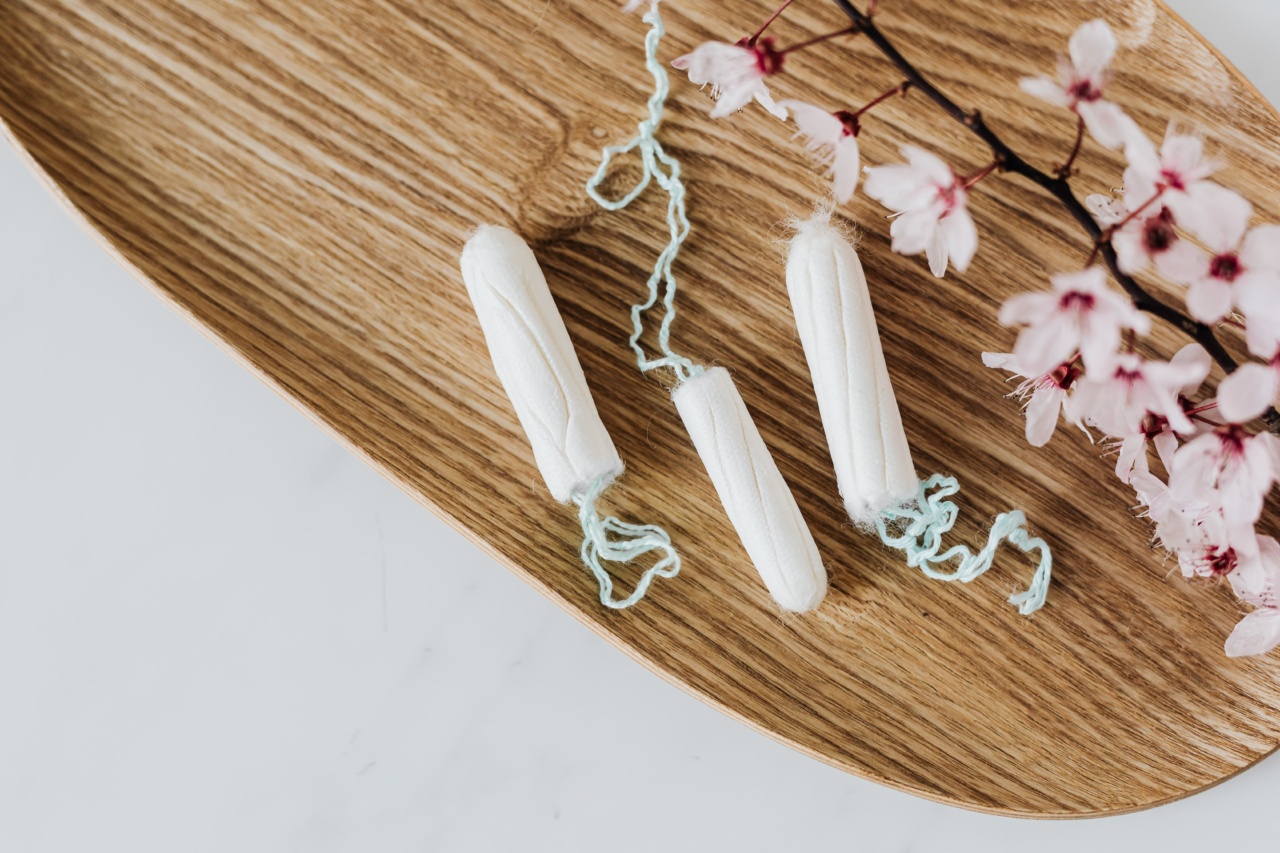For many women, menstruation is a monthly cycle that is accompanied by pain and discomfort, in the form of cramps and swelling. Luckily, there are various natural remedies that can help you combat menstrual cramps and swelling.
These remedies are often easy to find and use at home, and can help reduce the severity of your symptoms. So, without further ado, let’s dive into some effective natural remedies for menstrual cramps and swelling.
1. Exercise regularly
Exercise is one of the most effective natural remedies for menstrual cramps and swelling. It can help reduce the severity of your symptoms by releasing endorphins, which are natural painkillers.
Exercise also helps to increase blood flow and regulate hormonal imbalances, which can further help alleviate menstrual cramps and swelling.
2. Herbal tea
Herbal tea is one of the most popular natural remedies for menstrual cramps and swelling. Some of the most effective herbal teas for menstrual cramps include ginger, chamomile, and peppermint.
These teas have anti-inflammatory and pain-relieving properties that can help reduce the severity of your symptoms. Drinking herbal tea can also help you relax and reduce your stress levels, which can further alleviate menstrual cramps and swelling.
3. Heat therapy
Heat therapy is another effective natural remedy for menstrual cramps and swelling. Applying heat to your abdomen can help relax your muscles and reduce the severity of your cramps.
You can use a heating pad, warm towel, or a hot water bottle to apply heat to your abdomen. Taking a warm bath or shower can also help relax your muscles and alleviate menstrual cramps and swelling.
4. Essential oils
Essential oils are another effective natural remedy for menstrual cramps and swelling. You can add a few drops of essential oils like lavender, clary sage, or cinnamon to your bath or massage them directly onto your abdomen.
These oils have anti-inflammatory and pain-relieving properties that can help alleviate menstrual cramps and swelling.
5. Magnesium supplements
Magnesium supplements are another effective natural remedy for menstrual cramps and swelling. Magnesium helps relax your muscles and regulate your hormonal imbalances.
You can take magnesium supplements or increase your intake of magnesium-rich foods like leafy greens, nuts, and seeds.
6. Acupuncture
Acupuncture is a traditional Chinese medicine practice that involves inserting thin needles into specific points on your body. Acupuncture can help alleviate menstrual cramps and swelling by regulating your hormonal imbalances and increasing blood flow.
It can also help reduce your stress levels, which can further alleviate menstrual cramps and swelling.
7. Yoga
Yoga is another effective natural remedy for menstrual cramps and swelling. Practicing yoga can help reduce the severity of your symptoms by increasing blood flow, reducing stress levels, and regulating hormonal imbalances.
8. Omega-3 supplements
Omega-3 supplements are another effective natural remedy for menstrual cramps and swelling. Omega-3 fatty acids have anti-inflammatory properties that can help reduce the severity of your symptoms.
You can take omega-3 supplements or increase your intake of omega-3-rich foods like fatty fish, flax seeds, and chia seeds.
9. Massage therapy
Massage therapy is another effective natural remedy for menstrual cramps and swelling. Massaging your abdomen can help relax your muscles and reduce the severity of your cramps.
You can also massage your feet, ankles, and hands to help increase blood flow and reduce swelling.
10. Diet changes
Diet changes are another effective natural remedy for menstrual cramps and swelling. Eating a diet that is rich in anti-inflammatory foods like fruits, vegetables, whole grains, and lean protein can help reduce the severity of your symptoms.
Avoiding processed foods, caffeine, alcohol, and sugar can also help alleviate menstrual cramps and swelling.
These natural remedies can help alleviate menstrual cramps and swelling. However, if your symptoms persist or worsen, it is important to seek medical attention.
Your doctor can help you determine the underlying cause of your symptoms and recommend appropriate medical treatment.































